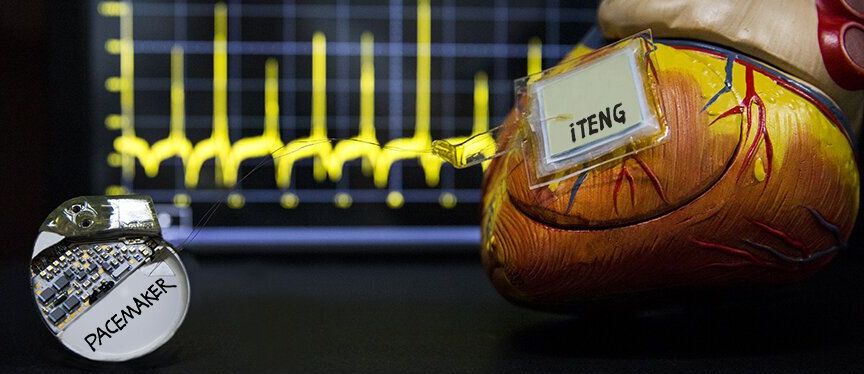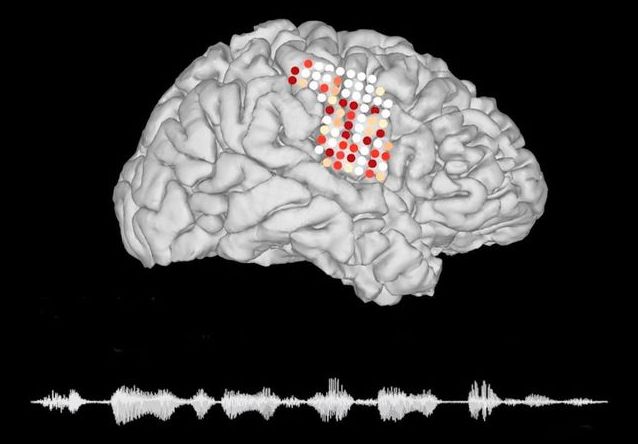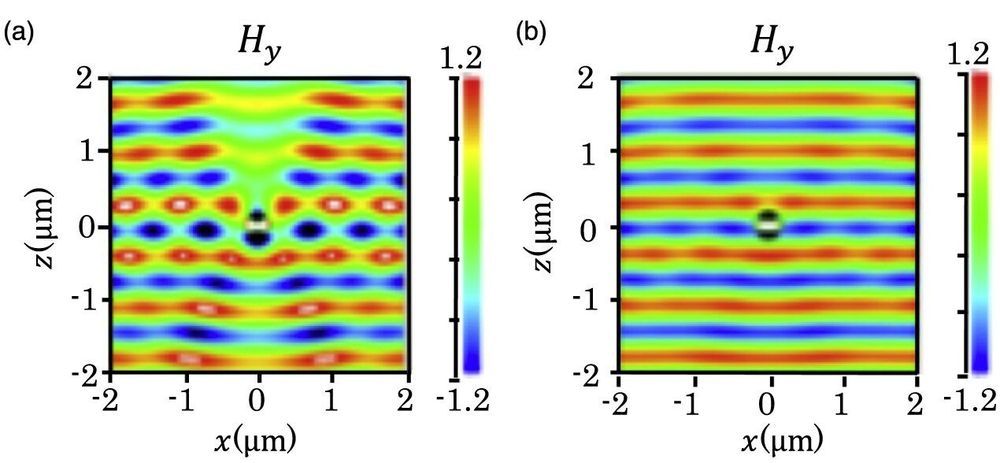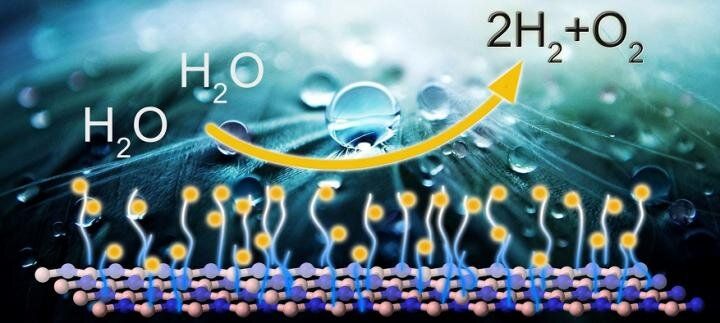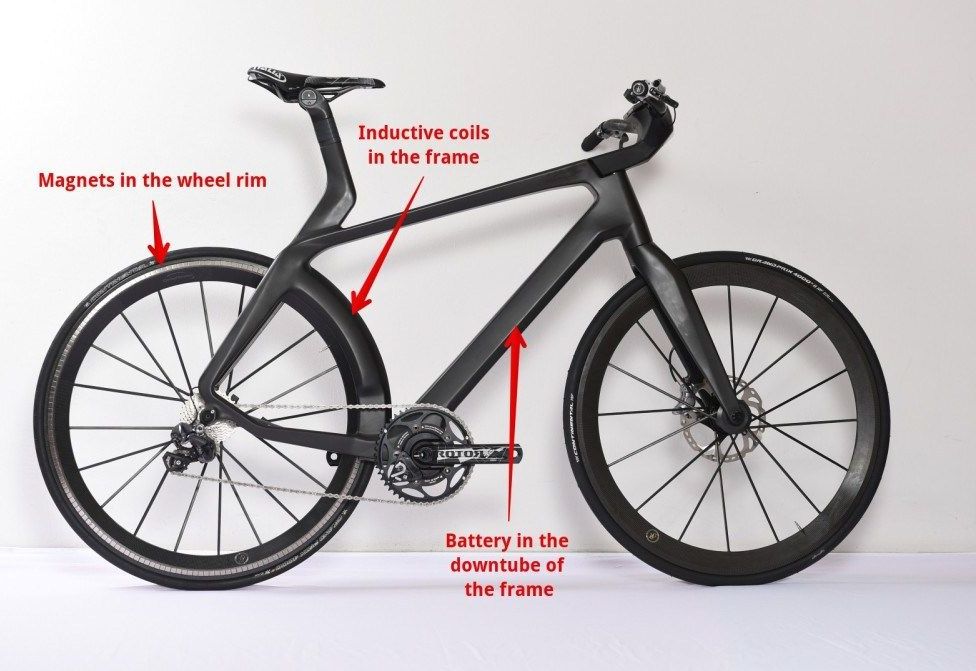Page 8601
Apr 24, 2019
The Enovate ME-S is a fully electric Chinese supercar
Posted by Quinn Sena in category: futurism
This is a Chinese supercar concept. It is called the ME Sports (ME-S for short), and arrives from a new company called Enovate. When it finally sees the light of production in the year 2021, it plans on going really, really fast.
Like, 0-62mph in around three seconds, fast. And doesn’t it look sweet?
Speaking to TopGear.com at this year’s Shanghai motor show, an Enovate spokesperson said that because the company is shiny and new, it wanted to make something ‘iconic’.
Continue reading “The Enovate ME-S is a fully electric Chinese supercar” »
Apr 24, 2019
Scientists Unveil a ‘Brain Decoder’ That Turns Neural Activity Into Speech
Posted by Quinn Sena in categories: biological, information science, neuroscience

The spoken word is a powerful tool, but not all of us have the ability to use it, either due to biology or circumstances. In such cases, technology can bridge the gap — and now that gap is looking shorter than ever, with a new algorithm that turns messages meant for your muscles into legible sounds.
Converting the complex mix of information sent from the brain to the orchestra of body parts required to transform a puff of air into meaningful sound is by no means a simple feat.
Continue reading “Scientists Unveil a ‘Brain Decoder’ That Turns Neural Activity Into Speech” »
Apr 24, 2019
Self-powered ‘pacemaker for life’ in pigs unveiled
Posted by Quinn Sena in category: biotech/medical
Scientists on Tuesday unveiled a battery-free pacemaker that generates its energy from the heartbeats of pigs in what could pave the way for an “implant for life” in humans suffering from heart defects.
Millions of patients rely on pacemakers —small electrical implants in the chest of abdomen—to help regulate their heartbeats after chronic or acute illness.
Even with recent technological advances, pacemaker batteries can be rigid or bulky, and may need replacing several times over the lifespan of a device.
Continue reading “Self-powered ‘pacemaker for life’ in pigs unveiled” »
Apr 24, 2019
Brain Implant Device Allows People With Speech Impairments to Communicate With Their Minds
Posted by Klaus Baldauf in categories: computing, neuroscience
Apr 24, 2019
Study opens a new route to achieving invisibility without using metamaterials
Posted by Quinn Sena in categories: electronics, materials
A pair of researchers at Tokyo Institute of Technology (Tokyo Tech) describes a way of making a submicron-sized cylinder disappear without using any specialized coating. Their findings could enable invisibility of natural materials at optical frequency and eventually lead to a simpler way of enhancing optoelectronic devices, including sensing and communication technologies.
Making objects invisible is no longer the stuff of fantasy but a fast-evolving science. ‘Invisibility cloaks’ using metamaterials—engineered materials that can bend rays of light around an object to make it undetectable—now exist, and are beginning to be used to improve the performance of satellite antennas and sensors. Many of the proposed metamaterials however only work at limited wavelength ranges such as microwave frequencies.
Now, Kotaro Kajikawa and Yusuke Kobayashi of Tokyo Tech’s Department of Electrical and Electronic Engineering report a way of making a cylinder invisible without a cloak for monochromatic illumination at optical frequency—a broader range of wavelengths, including those visible to the human eye.
Continue reading “Study opens a new route to achieving invisibility without using metamaterials” »
Apr 24, 2019
Modified ‘white graphene’ for eco-friendly energy
Posted by Quinn Sena in categories: biotech/medical, materials
Scientists from Tomsk Polytechnic University (TPU), together with colleagues from the United States and Germany, have found a way to obtain inexpensive catalysts from hexagonal boron nitride or “white graphene.” The technology can be used in the production of environmentally friendly hydrogen fuel.
The researchers have found a new way to functionalize a dielectric, otherwise known as white graphene, i.e. hexagonal boron nitride (hBN), without destroying it or changing its properties. Thanks to the new method, the researchers synthesized a polymer nano carpet with strong covalent bond on the samples.
Prof Raul Rodriguez from the TPU Research School of Chemistry & Applied Biomedical Sciences explains:
Continue reading “Modified ‘white graphene’ for eco-friendly energy” »
Apr 24, 2019
Secret to lab-on-a-chip breakthrough: Matte black nail polish
Posted by Quinn Sena in categories: bioengineering, biotech/medical, genetics
BYU electrical engineering students have stumbled upon a very unconventional method that could speed up lab-on-a-chip disease diagnosis.
When someone goes to the hospital for a serious illness, if a bacterial infection is suspected, it can take up to three days to get results from a bacteria culture test. By then, it is often too late to adequately treat the infection, especially if the bacteria are resistant to common antibiotics.
BYU students are working on a project to diagnose antibiotic resistant bacteria, or superbugs, in less than an hour. Their method relies on extracting bacteria from a blood sample and then pulling DNA from that bacteria. If specific genetic codes indicating antibiotic resistance are present in the DNA, fluorescent molecules can be attached to these sites. Laser light can then be shined on the DNA samples and the molecules will light up.
Continue reading “Secret to lab-on-a-chip breakthrough: Matte black nail polish” »
Apr 24, 2019
Lightweight Velocité“Maglev” Hidden Motor Electric Bike
Posted by Quinn Sena in categories: energy, transportation
Imagine that instead of adding a motor to a bicycle, parts of the bicycle are designed to function as the motor.
In this case the wheel rim contains the motor magnets and the frame houses the inductive coils. The inductive coils use energy from the battery (hidden in the frame downtube) to repel the magnets on the rim to make the wheel spin.
Lightweight calls this “Maglev Transrapid technology” and they claim that this Velocité eBike can go up to 100 kph (62 mph) with its 500 watts of power! They are currently limiting it to 45 kph (28 mph) to fall with in the limits of a speed pedelec.
Continue reading “Lightweight Velocité‘Maglev’ Hidden Motor Electric Bike” »
Apr 24, 2019
Developing roads that can generate power from passing traffic
Posted by Quinn Sena in categories: energy, transportation
Circa 2017
Researchers are looking at advanced materials for roads and pavements that could generate electricity from passing traffic.
Engineers from Lancaster University are working on smart materials such as ‘piezolectric’ ceramics that when embedded in road surfaces would be able to harvest and convert vehicle vibration into electrical energy.
The research project, led by Professor Mohamed Saafi, will design and optimise energy recovery of around one to two Megawatts per kilometre under ‘normal’ traffic volumes—which is around 2,000 to 3,000 cars an hour.
Continue reading “Developing roads that can generate power from passing traffic” »


